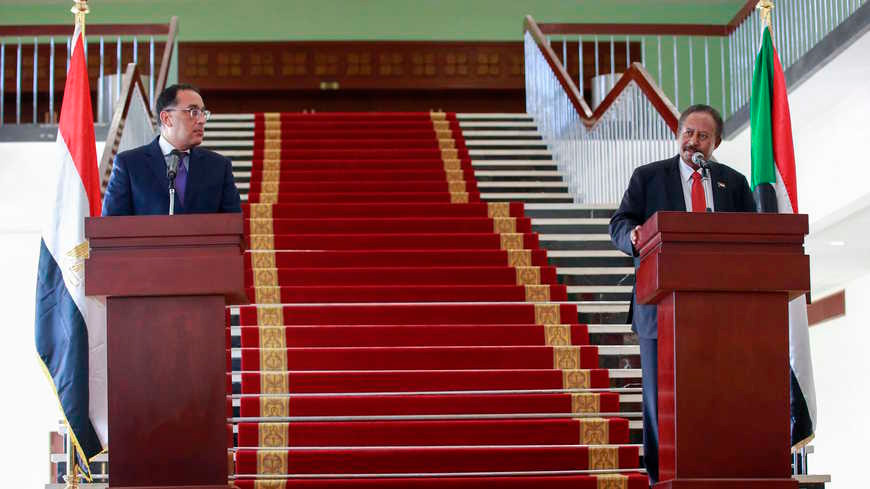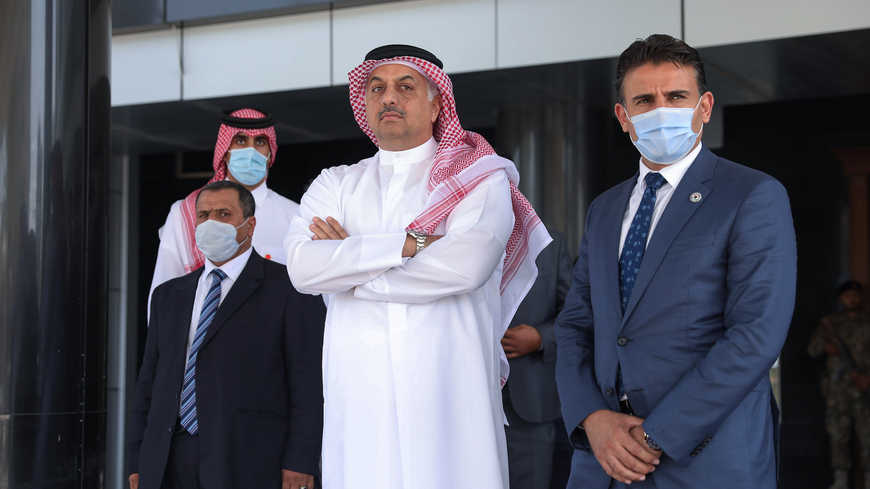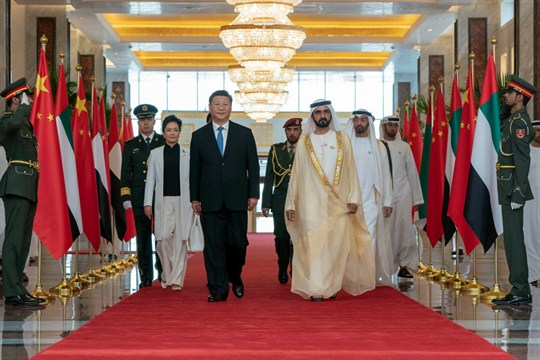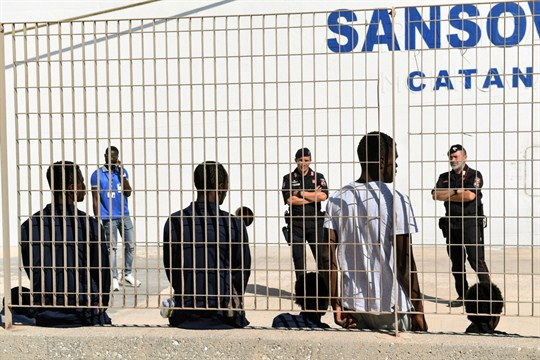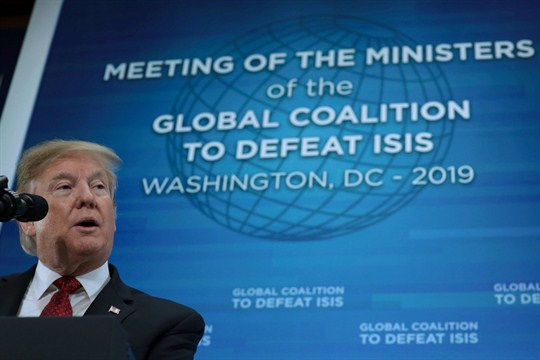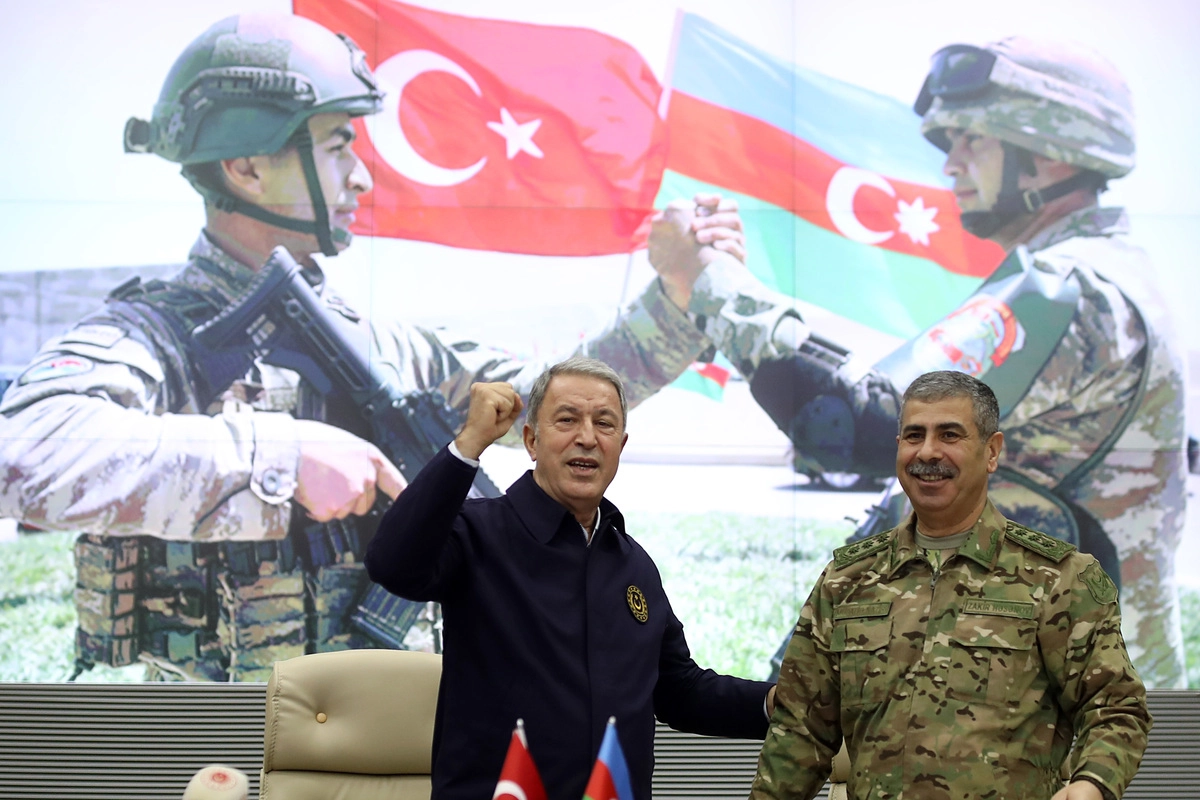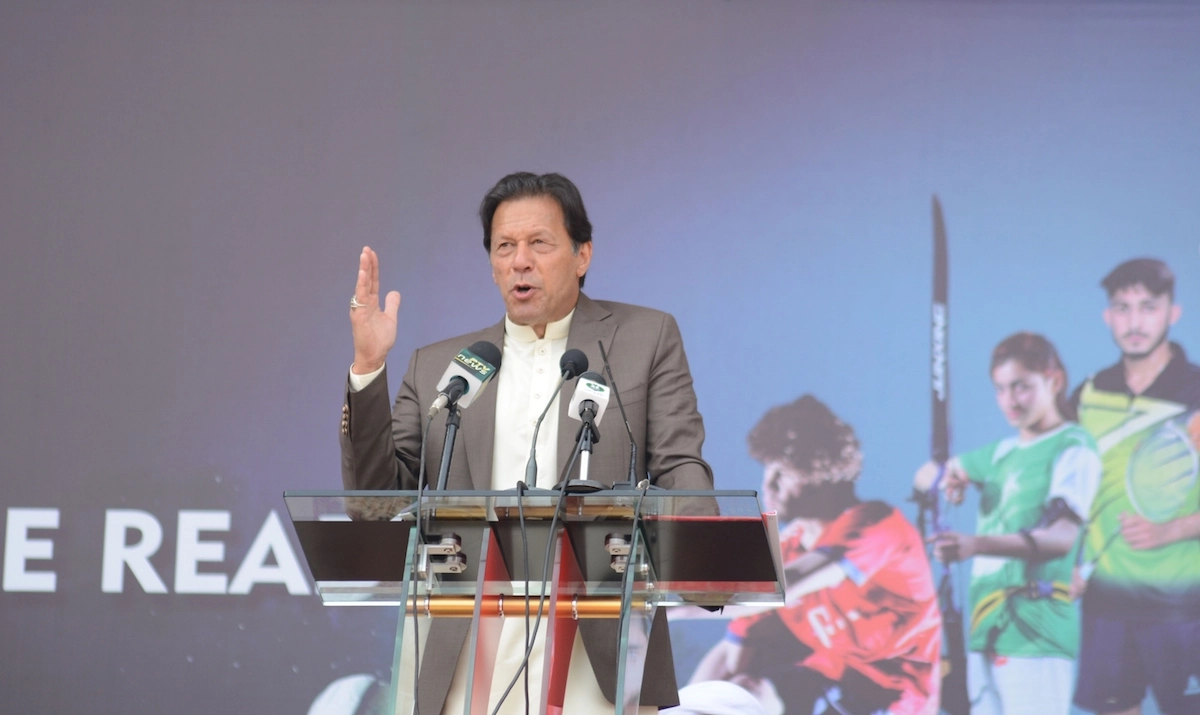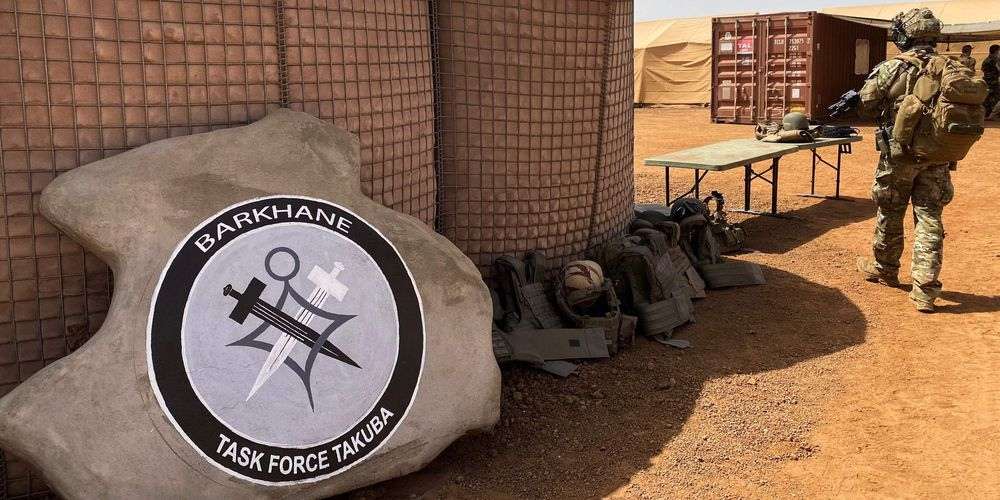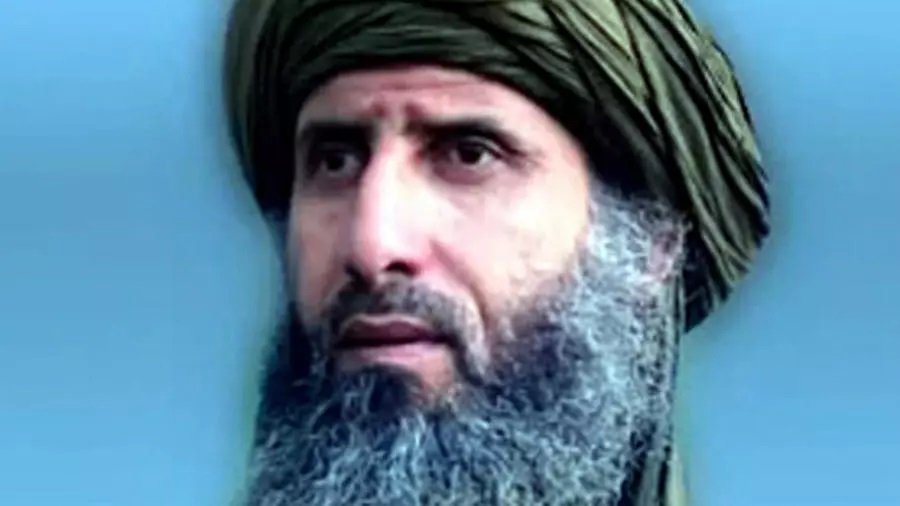Armed militias fail to storm NOC Tripoli headquarters
Libya’s state National Oil Corporation (NOC) confirmed that today there was an attempt by armed militias to storm its Tripoli headquarters.
The NOC confirmed media news that at noon today ‘‘some armed outlaw gangs attempted to forcefully enter the headquarters of the National Oil Corporation in the Libyan capital, Tripoli, and the Petroleum Facilities Guard, charged with protecting the Corporation’s building, was surprised by the arrival of armed vehicles in the opposite direction to traffic, making some chaotic movements, withdrew weapons and tried to break into the outer fence to the institution building’’.

